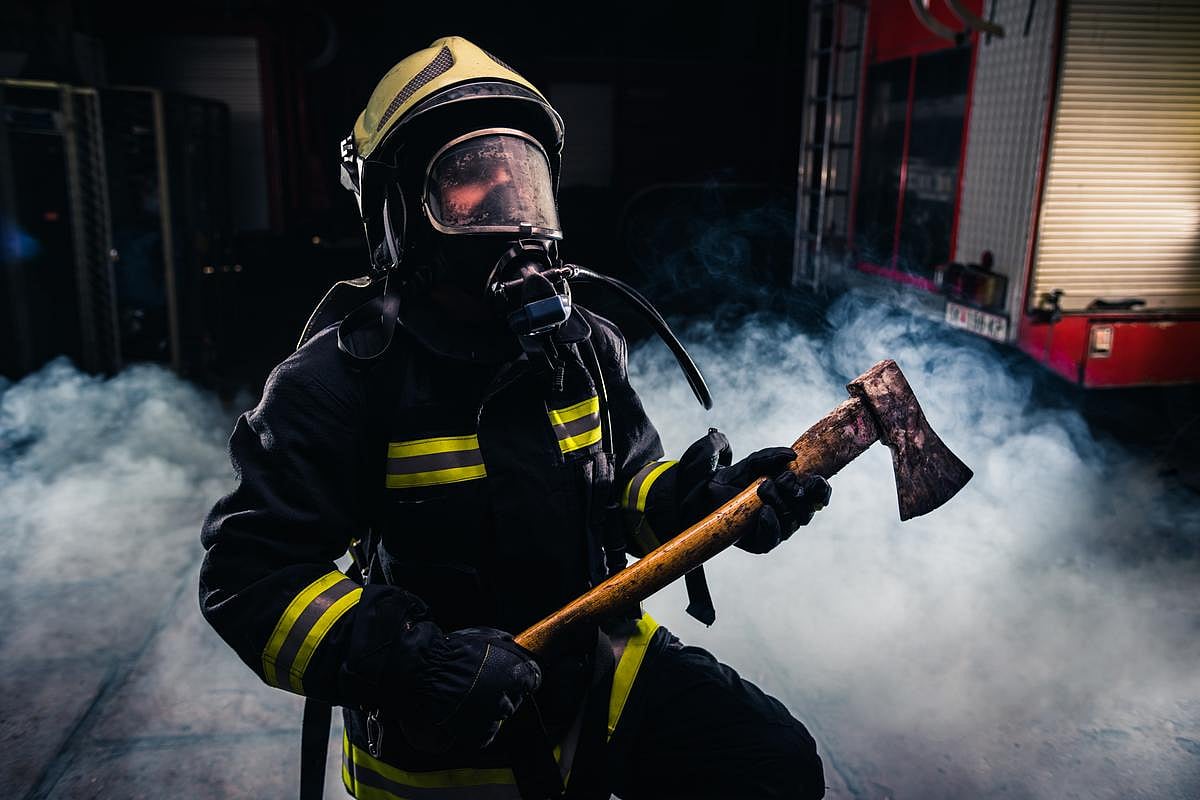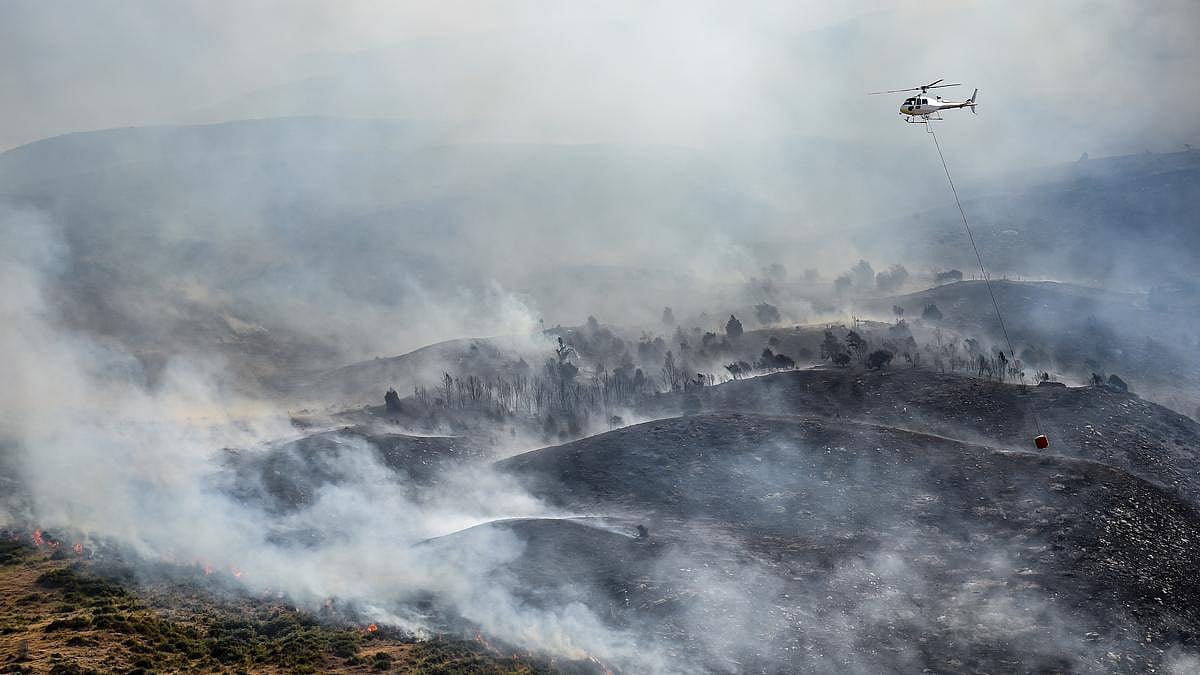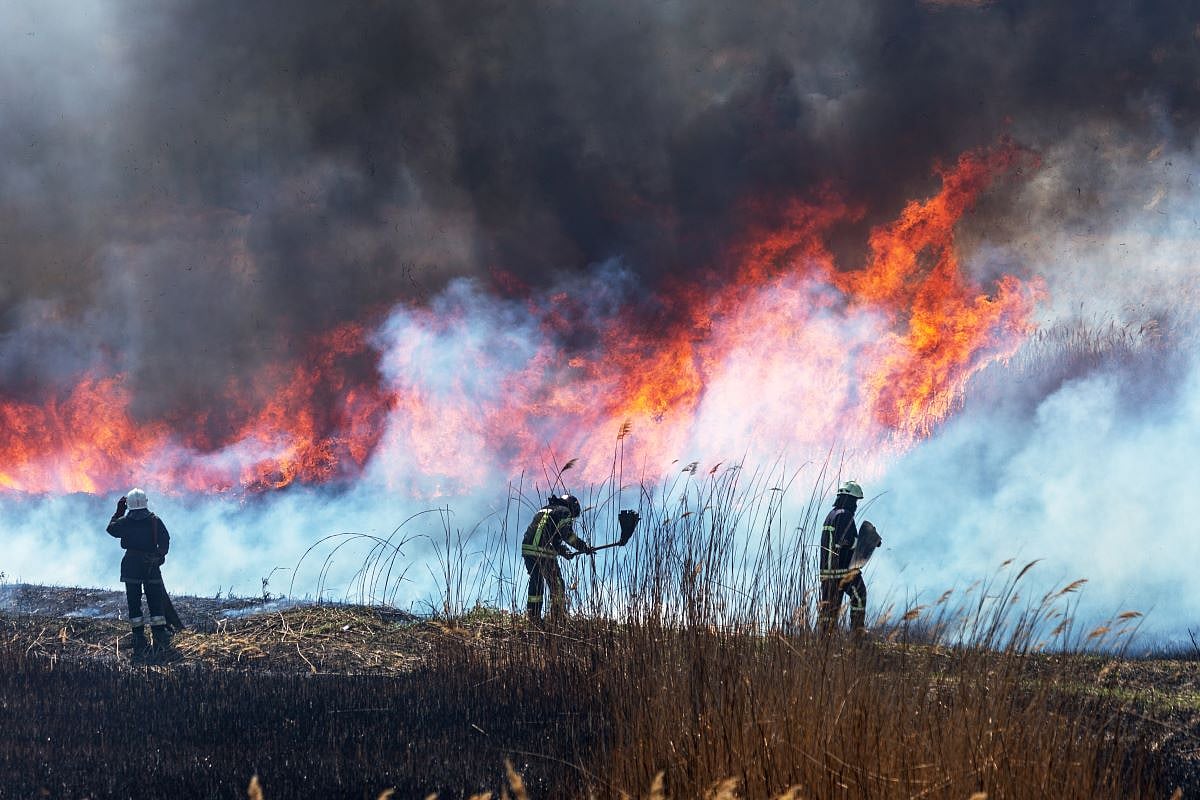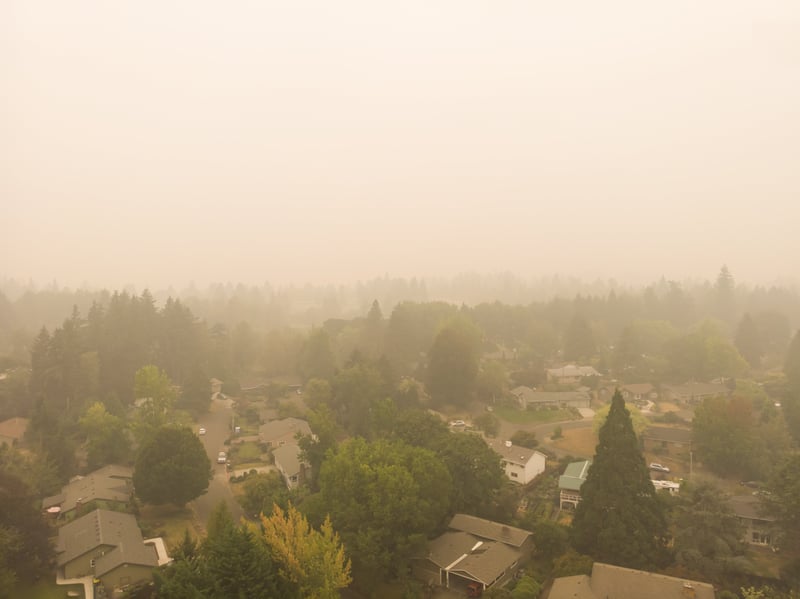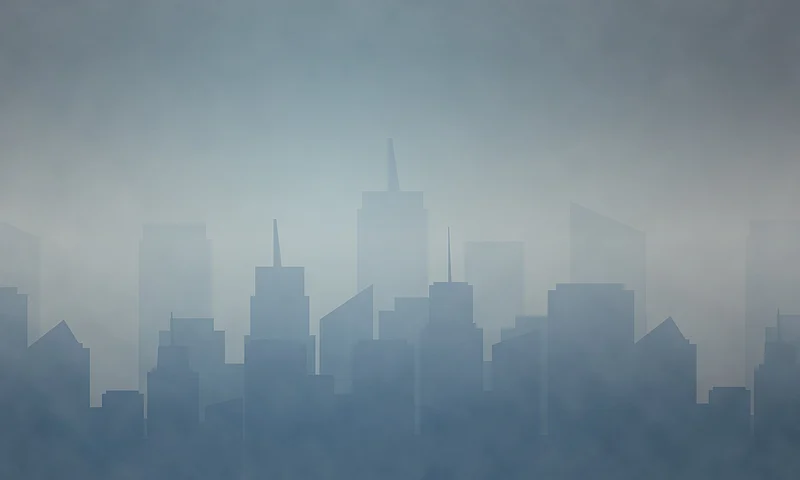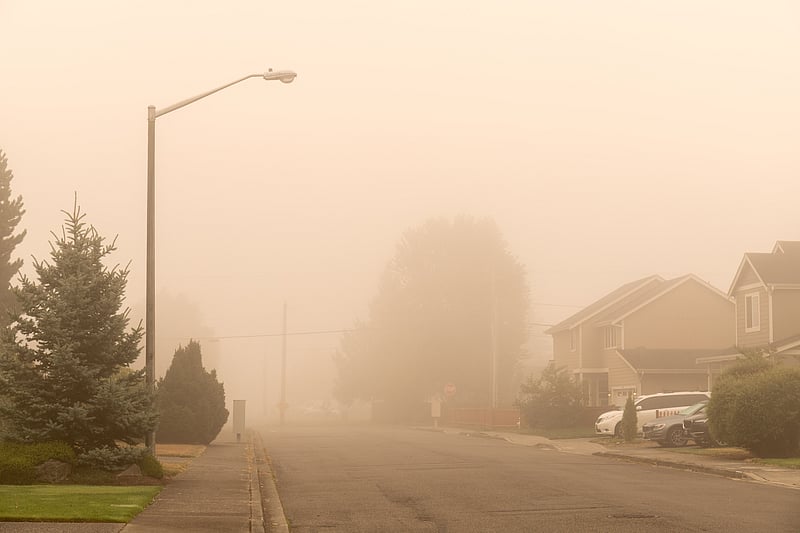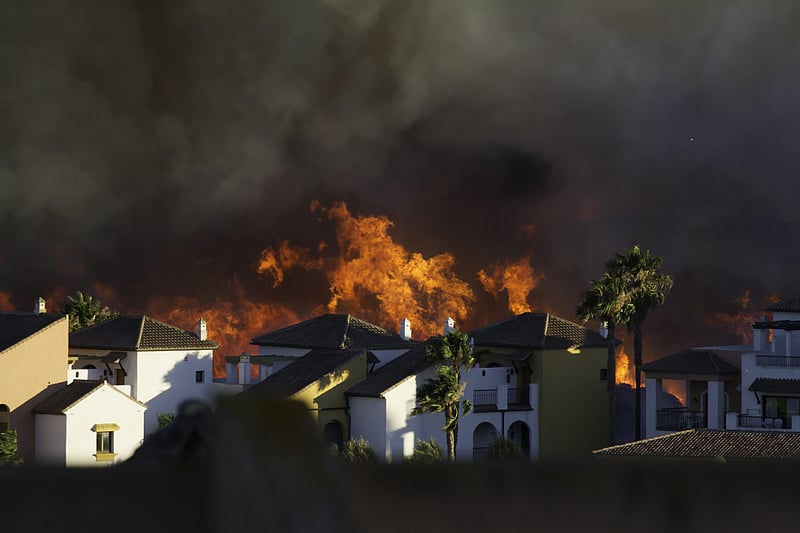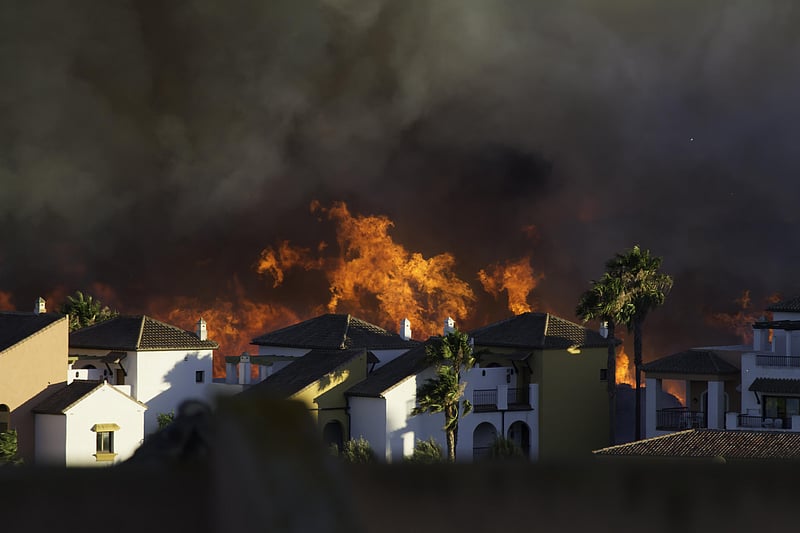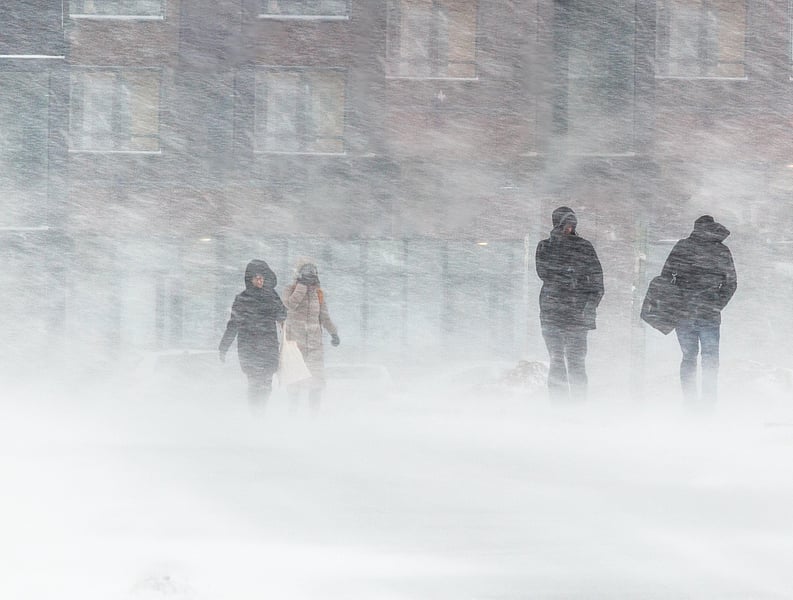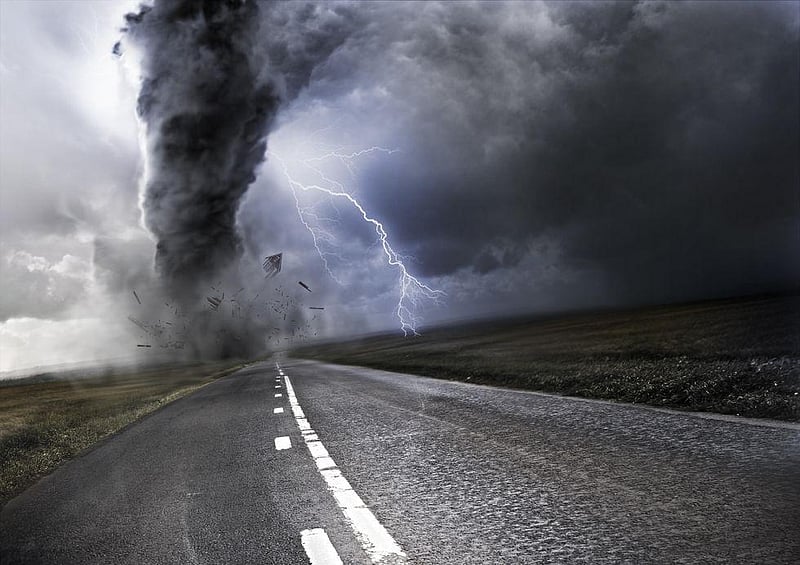Get Healthy!
Results for search "Safety: Fire".
Health News Results - 49
Lighting a fire on a cold winter night can feel cozy. But a new study suggests it may also harm your health, even if you don’t burn the wood yourself.
Researchers at Northwestern University found that home wood burning is responsible for about 22% of outdoor fine particle pollution (PM2.5) during winter across the U.S.
That’s despite the fact that only 2% of households u...
- I. Edwards HealthDay Reporter
- |
- January 27, 2026
- |
- Full Page
Smoke-soaked firefighter gear can be rife with cancer-linked “forever chemicals,” but an easy test can help protect the health of these first responders.
A simple wipe test detected invisible PFAS chemicals on every set of firefighter gear examined in the study, including breathing masks, researchers reported Jan. 1 in the
Some protective gear worn by firefighters may contain chemicals linked to serious health risks, according to a new study.
The research — published Dec. 16 in the journal Environmental Science & Technology Letters — found that certain firefighter turnout gear contains brominated flame retardants, or...
- I. Edwards HealthDay Reporter
- |
- December 19, 2025
- |
- Full Page
For years, federal wildland firefighters have worked long, dangerous shifts with almost no protection from the thick smoke around them.
Now, a new bipartisan bill in the U.S. Senate aims to change that.
The Healthy Lungs for Heroes Act, introduced by Sen. Adam Schiff (D-Calif.) and Sen. John Curti...
- I. Edwards HealthDay Reporter
- |
- November 19, 2025
- |
- Full Page
Firefighters might face a higher risk of brain cancers caused by exposure to chemicals in fire extinguishers, a new small-scale study says.
Veteran firefighters appear to have a higher risk of brain tumors called gliomas, which can be caused by gene mutations linked to flame retardant chemi...
- HealthDay Reporter
- Dennis Thompson
- |
- March 11, 2025
- |
- Full Page
People in Southern California with relatively high exposures to wildfire smoke over a decade also had significantly higher risks for dementia, a new study warns.
In fact, the fine-particle pollution created by these fires seems more closely tied to brain trouble than similar pollutants from factories and car exhaust, the researchers noted.
Over the long-term, every one-microgram-pe...
- HealthDay Reporter
- Ernie Mundell
- |
- November 25, 2024
- |
- Full Page
Wildfires that spread so fast they outrun the efforts of fire crews trying to contain them: These types of conflagrations are becoming far more common across the Western United States, a new study warns.
A fire's velocity could be even more important than its size when it comes to the threat to people and property, researchers say.
“We hear a lot about megafires because of the...
- HealthDay Reporter
- Ernie Mundell
- |
- October 25, 2024
- |
- Full Page
San Francisco is on the verge of passing a ban on "forever chemicals" in the protective clothing firefighters wear while battling blazes.
City lawmakers are expected to pass an ordinance on Tuesday that will prohibit the use of firefighting...
- HealthDay Reporter
- Robin Foster
- |
- May 14, 2024
- |
- Full Page
If you use a medical device such as a blood glucose monitor or insulin pump, keeping it charged is a must.
But devices that rely on a USB charger can overheat, which may cause minor injuries, serious burns or fires. That's why it's important to read, understand and follow the manufacturer's use and care directions and use only approved charging accessories.
The U.S. Food and D...
- HealthDay Reporter
- Carole Tanzer Miller
- |
- May 12, 2024
- |
- Full Page
Nearly 40% of Americans live where the air is polluted enough to harm them, a new report warns.
In the American Lung Association's "State of the Air"report, released Wednesday, the number of people living with levels of air pollution that could jeopardize their health climbed from about 119 million in 2023 to 131 million now.
- HealthDay Reporter
- Robin Foster
- |
- April 24, 2024
- |
- Full Page
It's easy to see the immediate health hazards of wildfire smoke, as people struggle to breathe through a sooty haze.
But a new study finds that harmful chemicals found in wildfire smoke can linger in a person's home for weeks after the immediate threat has passed, posing a continuing health threat.
The chemicals -- compounds called polycyclic aromatic hydrocarbons (PAHs) -- are high...
- HealthDay Reporter
- Dennis Thompson
- |
- January 5, 2024
- |
- Full Page
Unhealthy air from wildfires is causing hundreds of additional deaths in the western United States every year, a new study claims.
Wildfires have undercut progress made in cleaning America's air, and between 2000 and 2020 caused an increase of 670 premature deaths each year in the West, researchers report Dec. 4 in The Lancet Planetary Health journal.
"Our air is supposed t...
- HealthDay Reporter
- Dennis Thompson
- |
- December 5, 2023
- |
- Full Page
Controlled forest burns can prevent the sort of high-intensity wildfires that have plagued the Western U.S. and Canada as a result of climate change, a new study argues.
A low-intensity fire in the mixed conifer forests of California provides an estimated 60% reduction in the risk of a catastrophic wildfire, and that effect lasts at least six years, researchers report in the journal <...
- HealthDay Reporter
- Dennis Thompson
- |
- November 14, 2023
- |
- Full Page
More people around the world are exposed to wildfire smoke that has the potential to harm human health, and their numbers are growing, new research finds.
More than 2 billion people are exposed to at least one day of potentially health-impacting wildfire smoke each year, a figure that has grown by almost 7% in the past decade, according to a study led by Australian scientists.
Mor...
- HealthDay Reporter
- Cara Murez
- |
- September 21, 2023
- |
- Full Page
For the second time this month, massive plumes of smoke from hundreds of out-of-control Canadian wildfires are polluting much of America's air.
Among the major U.S. cities now experiencing poor air quality are St. Louis, Milwaukee, Cincinnati and Chicago, while entire states have also issued air quality alerts, according to the
Wildfires that have been spreading throughout Canada in recent weeks are now spewing tons of smoke southward into the United States.
The smoke was so thick on Tuesday that New York City's skyline could not be seen clearly and air quality alerts were issued to residents from parts of the N...
- HealthDay Reporter
- Robin Foster
- |
- June 7, 2023
- |
- Full Page
Large, uncontrolled wildfires in Nova Scotia are creating unhealthy air in the Northeast region of the United States, including parts of Connecticut.
This significant smoke plume is likely to cause elevated levels of fine particulate matter, the American Lung Association warned in its alert. Particulate matter contains microscopic solids or liquid droplets that are so small that they can ...
- HealthDay Reporter
- Cara Murez
- |
- June 1, 2023
- |
- Full Page
Wildfires are known to have a lot of negative impacts on the environment and the health of the people who live through them.
Yet another is the worsening of skin conditions, according to the American Academy of Dermatology (AAD). The group shared strategies to minimize the effect air pollution can have on people's skin during its annual meeting, held this past weekend in New Orleans.
- HealthDay Reporter
- Cara Murez
- |
- March 20, 2023
- |
- Full Page
When you turn your clock forward for the start of daylight saving time, take time for some potentially life-saving safety checks.
"When moving your clocks forward, remember to check every level of your home for working smoke and CO alarms,"said Alexander Hoehn-Saric, chai...
- HealthDay Reporter
- Cara Murez
- |
- March 10, 2023
- |
- Full Page
Exposure to wildfire smoke can increase the risk of premature birth, new research suggests.
For the study, the researchers reviewed birth certificates and hospital delivery data for more than 2.5 million pregnant women in California from 2007 to 2012, and used satellite images and ZIP codes to compare daily estimates of wildfire smoke intensity.
The study found that from the four we...
- HealthDay Reporter
- Cara Murez
- |
- February 13, 2023
- |
- Full Page
In the wake of natural disasters like wildfires that have destroyed whole communities with alarming speed, some folks are focused on the beloved pets left behind -- and how to save others in the future.
More than 1,000 pets died in the Marshall fire on Dec. 30, 2021, in Boulder County, Colo., according to
In 2021, U.S. emergency rooms treated more than 193,000 burn injuries caused by an array of products, ranging from cooking devices to fireworks and space heaters.
Most of these burns were preventable, according to the Consumer Product Safety Commission.
Children under age 10 are especially vulnerable, accounting for 26% of all burn injuries in 2021, according to a commission news r...
- HealthDay Reporter
- Cara Murez
- |
- February 11, 2023
- |
- Full Page
Fires started by people account for a majority of premature deaths related to inhalation of tiny smoke particles in the United States, a new study reveals.
These blazes, which are increasing, led to 20,000 premature deaths in 2018. That was 270% more than in 2003, according to researchers at Massachusetts Institute of Technology, in Cambridge.
More than 80% of the premature deaths ...
- HealthDay Reporter
- Cara Murez
- |
- January 17, 2023
- |
- Full Page
Some Americans appear to be moving from areas with frequent hurricanes and heat waves to places threatened by wildfire and rising heat.
They're trading in the risk of one set of natural disasters for another because the wildfires are only beginning to become a national issue, according to researchers.
"These findings are concerning, because people are moving into harm's way -- into...
- HealthDay Reporter
- Cara Murez
- |
- December 8, 2022
- |
- Full Page
Winter weather brings with it plenty of hazards, including risks from carbon monoxide poisoning, and fires.
But the U.S. Consumer Product Safety Commission (CPSC) offers suggestions for staying safe on those cold winter nights.
When storms knock out power...
- HealthDay Reporter
- Cara Murez
- |
- December 3, 2022
- |
- Full Page
When you set your clocks back on Sunday, do some simple at-home safety checks that could save your life.
Check your smoke alarms and carbon monoxide (CO) detectors to be sure they're working. This is also a good time to replace their batteries.
The U.S. Consumer Product Safety Commission (CPSC) recommends replacing batteries once a...
- HealthDay Reporter
- Cara Murez
- |
- November 3, 2022
- |
- Full Page
A tool used to restore forest ecosystems could also be key to the battle against tick-borne disease, researchers say.
Forest managers and land owners use prescribed fire to combat invasive species, improve wildlife habitat and restore ecosystem health.
A recent study suggests it could ...
- HealthDay Reporter
- Cara Murez
- |
- October 26, 2022
- |
- Full Page
While most people know that breathing in wildfire smoke isn't good for respiratory health, they may not know that unclean air is also problematic for the heart.
Individuals with underlying
When hurricanes, floods and fires hit, everyone can struggle to respond and cope, but new research suggests that women, people with kids under 18, renters, the poor, and Black and Asian Americans are the most vulnerable to weather disasters.
These groups need special help before disasters occur to make sure they're equipped to act, said lead researcher Smitha Rao, an assistant professor ...
- HealthDay Reporter
- Steven Reinberg
- |
- July 19, 2022
- |
- Full Page
While California works to restore its landscape after years of historic wildfires, new research could transform the way in which veterinarians treat animals recovered from damaged forests.
The study found that cats who inhaled smoke or suffered burns are at risk for forming deadly clots. Not only that, the scientists were able ...
- HealthDay Reporter
- Ellie Quinlan Houghtaling
- |
- July 18, 2022
- |
- Full Page
Many U.S. parents don't take proper precautions to protect their children from fireworks-related burns and injuries, claims a new survey released just ahead of the Fourth of July.
The poll of more than 2,000 parents of children ages 3-18 was conducted this spring and found that more than half sa...
- HealthDay Reporter
- Robert Preidt
- |
- June 30, 2022
- |
- Full Page
More Americans now live in wildfire zones as wildfire seasons have become longer, with hotter, faster-moving fires.
If you're one of those who live in a location threatened by wildfires, it's important to be prepared, according to Environment America, a national network of 30 state environmental groups.
You should have a...
- HealthDay Reporter
- Cara Murez
- |
- June 25, 2022
- |
- Full Page
Wildfires, like the one currently raging in New Mexico, are known to cause upticks in breathing issues and heart attacks in their immediate wake for folks who live nearby.
Now, new Canadian research shows that these fires may also increase risk for lung and brain cancer o...
- HealthDay Reporter
- Denise Mann
- |
- May 16, 2022
- |
- Full Page
Larger and more intense wildfires in the U.S. Pacific Northwest are causing a spike in air pollution across North America that endangers millions of people, a new study warns.
Wildfire smoke has been linked to significant
The more blazes firefighters battle, the higher their risk for a heart rhythm disorder called atrial fibrillation (a-fib), a new study shows.
"Clinicians who care for firefighters need to be aware of the increased cardiovascular risk, especially the increased ris...
- HealthDay Reporter
- |
- March 23, 2022
- |
- Full Page
U.S. wildfires have become larger, more frequent and more widespread in the past two decades, and the situation will become even worse in the future, a new study warns.
"Projected changes in climate, fuel and ignitions suggest that we'll see more and larger fires in the future," said l...
- HealthDay Reporter
- |
- March 21, 2022
- |
- Full Page
With winter storms roaring through much of the United States this week, millions of Americans may face power outages that could put them at risk of carbon monoxide poisoning and fires as they try to keep warm, the U.S. Consumer Product Safety Commission warns.
When the power goes out, many people use portable generators or other devices for heat and power, but improper use of such equipme...
- HealthDay Reporter
- Robert Preidt
- |
- February 3, 2022
- |
- Full Page
Wildfires and rising temperatures are exposing more and more Americans to an air pollution double-whammy of smoke and smog, a new study warns.
Researchers found that over the past 20 years, a growing number of people in western states have been simultaneously exposed to high levels of two kinds of air pollution: Fine-particle pollution generated by
Give yourself and your loved ones the gifts of health and safety this holiday season, the U.S. Centers for Disease Control and Prevention suggests.
The agency outlines 12 ways to do that, beginning with a reminder that washing your hands with soap and clean running water for at least 20 seconds helps prevent the spread of germs. That precaution is particularly important as the Omicron var...
- HealthDay Reporter
- |
- December 25, 2021
- |
- Full Page
Large, simultaneous heat waves have become much more common in northern regions worldwide due to climate change and could have disastrous consequences, researchers warn.
The investigators also found that these concurrent heat waves are becoming larger and hotter.
"More than one heat wave occurring at the same time often has worse societal impacts than a single event," said lead stud...
- HealthDay Reporter
- Robert Preidt
- |
- December 20, 2021
- |
- Full Page
If you're among the many people who use space heaters and generators during the winter, you need to guard against fire and carbon monoxide (CO) hazards, the U.S. Consumer Product Safety Commission (CPSC) says.
In the United States, that's especially true for Black Amer...
- HealthDay Reporter
- |
- December 19, 2021
- |
- Full Page
The deadly tornadoes that devastated communities in multiple states this past weekend have destroyed many homes and left others without power.
But if people turn to generators to manage in the aftermath, they should use caution, the U.S. Consumer Products Safety Commission (CPSC) warns.
Portable generators can expose users to increased risk of
Hearing dogs make a huge difference in deaf people's lives, a new British study shows.
The dogs are trained to alert deaf people to everyday sounds such as doorbells, human voices, baby monitors and alarm clocks, as well as safety-related sounds such as smoke and intruder alarms. The animals also provide companionship and emotional support.
The trial included 165 people in the Unite...
- HealthDay Reporter
- Robert Preidt
- |
- December 2, 2021
- |
- Full Page
Setting your clocks back an hour this Sunday also means it's time to replace the batteries in your smoke detectors and carbon monoxide alarms, the U.S. Consumer Product Safety Commission (CPSC) says.
Working alarms are especially important because people are spending more time at home due to the pandemic, which means furnaces, fireplaces and other fuel-burning appliances are being used mo...
- HealthDay Reporter
- |
- November 6, 2021
- |
- Full Page
You might think that wildfires in the western United States would only affect folks in places like Colorado, California or Oregon.
But a new study estimates that three-quarters of smoke-related deaths and visits to the emergency room for asthma in the United States happen east of the Rocky Mount...
- HealthDay Reporter
- Cara Murez
- |
- October 7, 2021
- |
- Full Page
Wildfires are killing people around the world -- even those with limited exposure to wildfire-related pollution, an international team of researchers reports.
The new research revealed that short-term exposure to wildfire-related fine particulate matter (PM2.5) in the air is i...
- HealthDay Reporter
- Steven Reinberg
- |
- September 9, 2021
- |
- Full Page
The wildfire smoke now smothering wide portions of the United States isn't just stinging eyes and tightening chests -- it also might be contributing to the current surge of severe COVID-19 cases.
Data from three Western states subject to frequent wildfires shows that COVID-19 cases and deaths increase with the amount of smoke pollution in the air, according to a new study.
As wildfi...
- HealthDay Reporter
- Dennis Thompson
- |
- August 16, 2021
- |
- Full Page
Roaring, fast-moving blazes. Choking smoke. Fiery tornados. Thunderstorms and lightning.
The Dixie Fire -- now the single largest wildfire in California history -- continues to spread, having burned through more than 750 square miles of forest land north of Sacramento.
The astonishing spread of smoke from the fire, causing discomfort and illness to people hundreds or thousands of mi...
- HealthDay Reporter
- Dennis Thompson
- |
- August 11, 2021
- |
- Full Page
Smoke from wildfires burning along the West Coast is choking the entire United States, reminding everyone of the hazards of climate change.
But that haze isn't just stinging your eyes and choking your breath -- it poses a direct threat to your health, experts say.
Wildfire smoke has been shown to increase risk of heart attacks and strokes, as well as lung ailments like asthma, Ameri...
- HealthDay Reporter
- Dennis Thompson
- |
- August 9, 2021
- |
- Full Page

